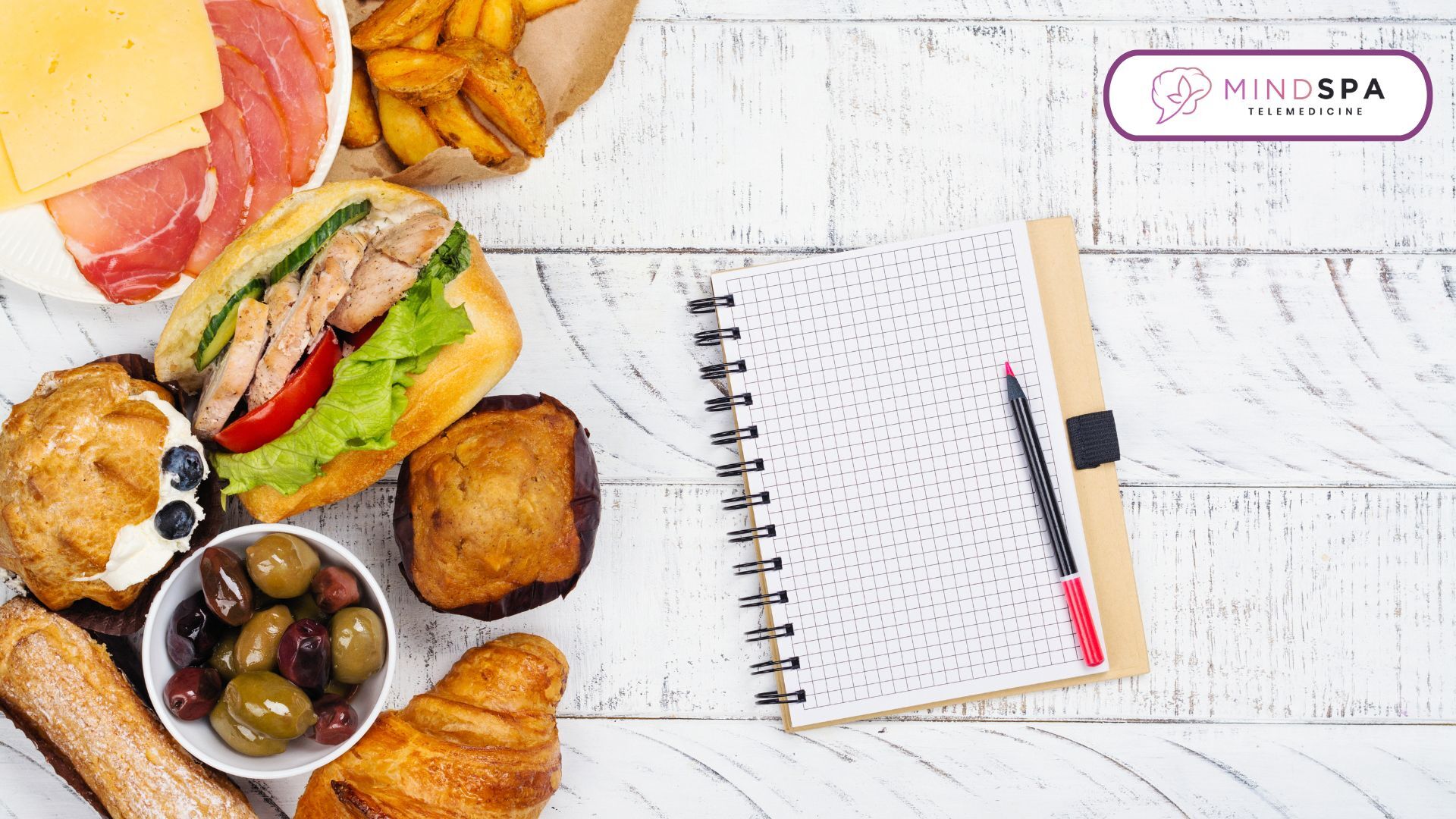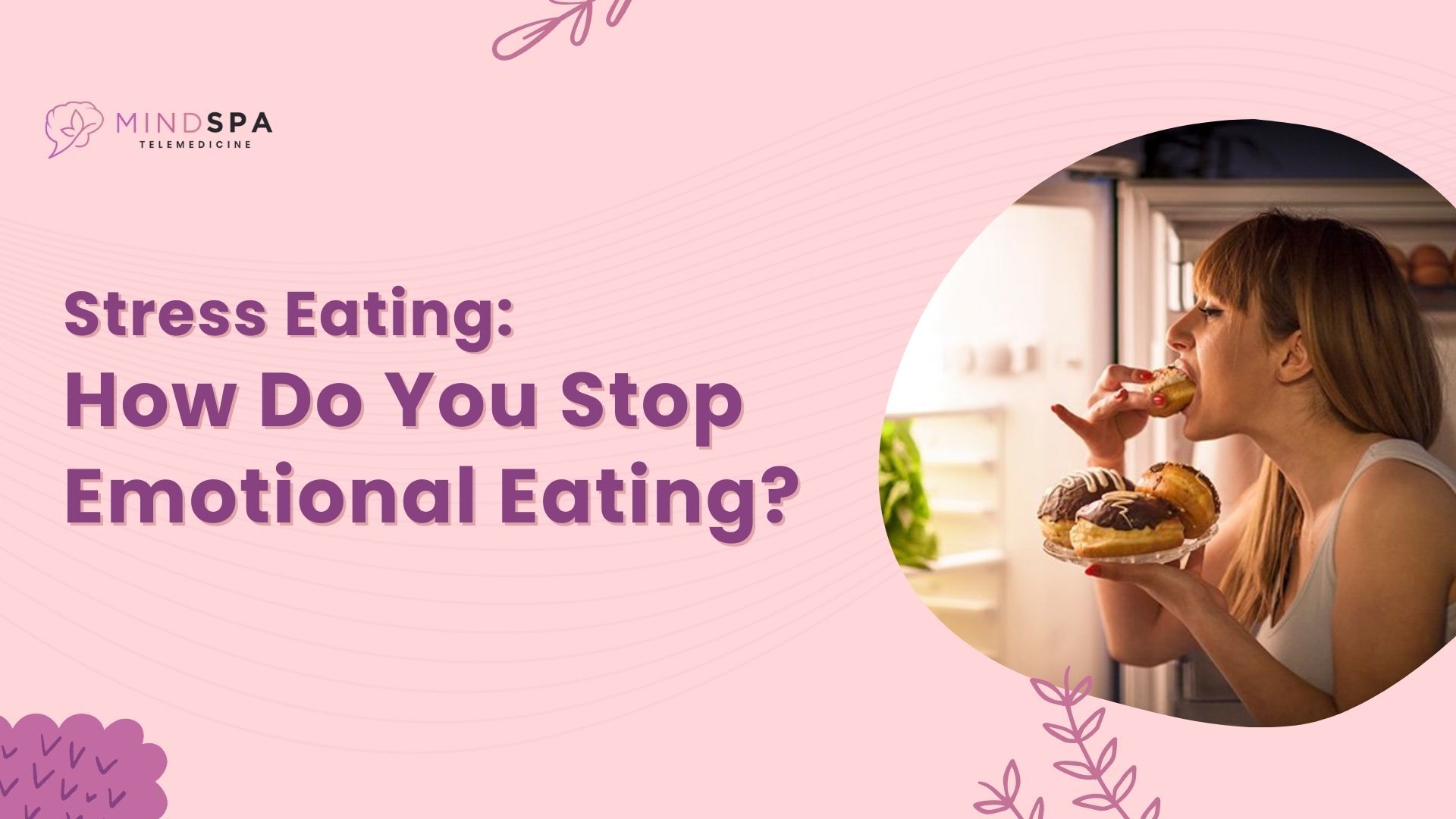Emotional eating, or stress eating, is something that occurs often to relieve difficult emotions like anxiety, frustration, loneliness, or sadness. Stress eating, however, is a thing that many people tend to fall into as a way to cope. It results in overeating, gaining weight, and ultimately fatal long-term illness.
If you’ve ever tried eating snacks when you’re not hungry, you’re not alone. Knowing why you stress eat and how to get a handle on it, will help you regain control of your eating and your overall well-being.
What Is Stress Eating?
Stress eating is when you eat for emotional purposes, not hunger. It’s not that you need to eat because your body needs nourishment, but because you eat to comfort or distract yourself from stress. Such eating is usually impulsive, and the foods are high in calories, sugar, or fat.
Signs of Stress Eating:
- Stressed and craving specific comfort foods (e.g., sweets, junk food)
- Eating despite not being physically hungry
- Eating because you’re bored, anxious, or sad
- Feeling guilty or regretful after eating
- Mindless eating without awareness of portion sizes
Why Does Stress Eating Happen?
Stress eating happens when emotions, rather than physical hunger, drive the urge to eat. It’s often triggered by anxiety, boredom, or sadness, leading to cravings for high-calorie comfort foods. This behavior is linked to hormonal responses, emotional coping mechanisms, and habitual patterns.
1. The Role of Cortisol
Cortisol increase in the body means you are having high stress, and cortisol releases crave high-fat and sweet food. In ancient days, this response served its purpose of survival – it gave energy in times of threats. However, in today’s life, chronic stress spikes cortisol in you, and that too may make you prone to emotional eating and weight gain as well as increase the risk of health concerns.
2. Emotional Comfort
Comfort foods as we know them will trigger dopamine release to temporarily ease stress, anxiety, and sadness. The habit is reinforced by this “feel good” effect in which food is a coping mechanism, not a source of nutrition. If emotional eating becomes a cycle, you can become hooked paying attention to food for regulating moods.
3. Habit and Routine
When stress eating becomes a repeated response to emotional distress, it turns into an ingrained habit. Your brain starts associating food with comfort, making it automatic to reach for snacks when stressed. Breaking this cycle requires awareness, and replacing food with healthier coping strategies like exercise, deep breathing, or mindfulness techniques.
4. Lack of Awareness
If you’re stress eating, you don’t realize it because it’s subconscious. When you eat while on the laptop working or watching TV, calories get consumed with ease since you are distracted. Awareness of what is emotional hunger and what is hunger and the practice of mindful eating can help break the cycle of automatic, stress-induced overeating.

How to Stop Stress Eating
Overcoming stress eating requires awareness, self-control, and healthier coping strategies. Here are effective ways to break free from emotional eating:

Identify Your Triggers
The first step is recognizing what triggers your stress eating. Keep a food journal and track:
- When you eat
- What you eat
- How do you feel before and after eating
Look for patterns. When you are overwhelmed at work, do you eat? After arguments? When feeling lonely? The more you know what the trigger was, the better able you will be to come up with strategies to handle that situation differently.
Practice Mindful Eating
Mindful eating helps you build a healthier relationship with food by focusing on the present moment. It encourages you to enjoy each meal without distractions and recognize your body’s signals. By practicing mindful eating, you can reduce overeating, improve digestion, and enhance your overall satisfaction with food. Try these techniques:
- Eat without distractions (no TV or scrolling on your phone)
- Chew slowly and savor each bite
- Pause between bites and check if you’re still hungry
- Use smaller plates to control portion sizes

Find Alternative Coping Strategies
Emotional eating can lead to unhealthy habits and weight gain. Instead of using food as a comfort mechanism, identify other ways to cope with stress, anxiety, or boredom. Finding alternative coping strategies can help you develop a more balanced approach to emotional well-being. Try these methods:
- Deep breathing exercises or meditation
- Journaling your thoughts and feelings
- Engaging in a hobby (painting, reading, or music)
- Talking to a friend or therapist
- Going for a walk or doing a quick workout
Plan Your Meals
Having a structured eating schedule reduces impulsive eating. Plan balanced meals with:
- Lean proteins (chicken, tofu, fish)
- Healthy fats (avocados, nuts, olive oil)
- Fiber-rich foods (vegetables, whole grains)
- Hydration (drink water to prevent mistaking thirst for hunger)
Keep Temptations Away
If unhealthy snacks are within reach, stress eating becomes harder to resist. Remove chips, cookies, and sugary treats from your home and stock up on healthier options like fruits, nuts, yogurt, and whole-grain snacks. Pre-cut veggies or portion healthy snacks in advance to make mindful eating more convenient and satisfying.
Get Enough Sleep
Poor sleep disrupts hunger hormones, increasing cravings for sugary and high-fat foods. Prioritize 7-9 hours of restful sleep by maintaining a consistent bedtime, limiting screen time before bed, and creating a relaxing nighttime routine. Quality sleep reduces stress, stabilizes appetite, and supports better decision-making around food choices throughout the day.
Seek Professional Support
Breaking free from emotional eating isn’t always easy, and professional guidance can make a huge difference. Speaking with a therapist or nutritionist can help you understand your triggers and develop personalized strategies.
At MindSpa, we offer expert guidance to help you overcome stress eating and build a healthier relationship with food. Our specialists provide customized support tailored to your needs.
Take the first step toward a healthier lifestyle! Schedule an appointment today:
Request an Appointment Here
Final Thoughts
Stress eating can feel overwhelming, but with the right strategies, you can regain control over your eating habits. By identifying triggers, practicing mindful eating, finding healthier coping mechanisms, and seeking support, you can break free from emotional eating and improve your overall well-being.
If you’re struggling with emotional eating, don’t wait, reach out for professional help today!
Frequently Asked Questions
How do I know if I’m stress eating?
If you eat when not hungry, crave comfort foods, feel guilty afterward, or eat mindlessly, these may be signs of stress eating.
What triggers stress eating?
Stress eating can be triggered by emotions like anxiety, sadness, boredom, or overwhelming situations. It’s often linked to high stress or routine habits.
How can I stop emotional eating?
Identify triggers, practice mindful eating, find healthy coping strategies, and avoid keeping unhealthy foods at home. Consider professional support for guidance.


